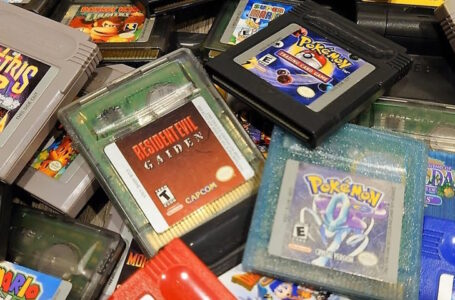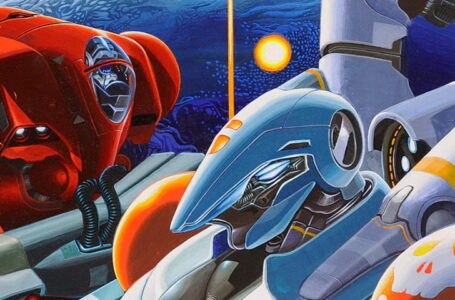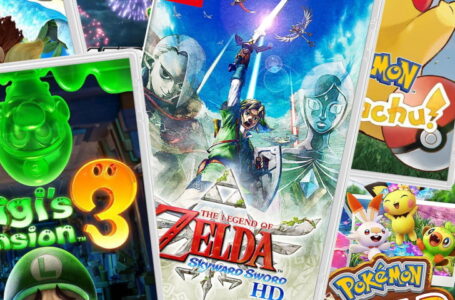The peace and quiet of pre-seventh gen gaming
As most of you know, I’m a bit of an old fart. Born in the early ’80s, I was there for the early days of gaming — though not its very beginning — and I’ve seen how things have developed over the years. Since the dawn of gaming as a medium, the way we enjoy games has changed a great deal — and, as I grow older, I’m starting to feel more and more like the peace and quiet of pre-seventh gen gaming is the comfiest, happiest place there is.
I say this having spent some time getting my various retro affairs in order over the course of the last week. With retro collecting prices rising to obscene levels in the last few years, I absolutely do not blame anyone for taking the time to assemble their own digital retro libraries to enjoy either on original hardware via some means, or through emulation.
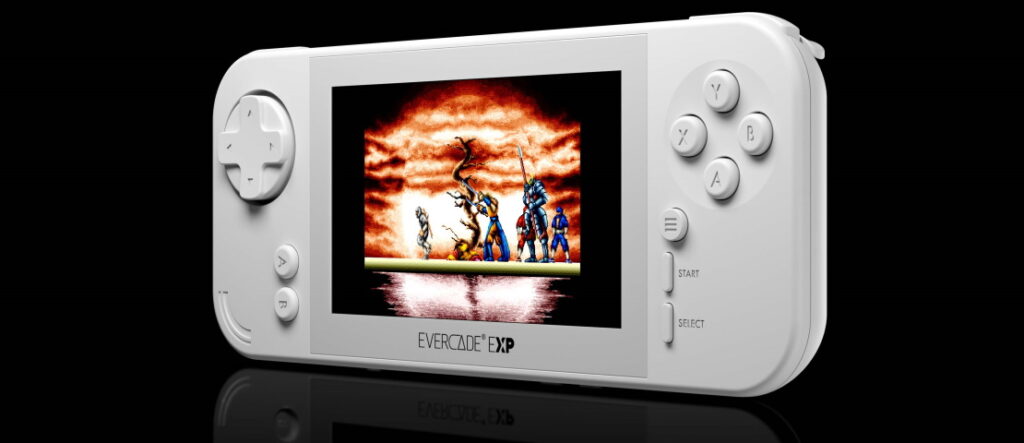
Indeed, outside of my substantial PS2 physical collection and decently sized Wii, Xbox, Xbox 360 and PS3 physical collections, the majority of my pre-seventh gen gaming today is done through officially released devices such as the PC Engine Mini — by far my favourite of the “mini-consoles” — or official rereleases on modern platforms where possible. Platforms like the Switch and Evercade (above), which have resurrected all manner of often hard-to-find retro titles, have been a godsend in this regard.
But there are still limits to what these platforms can achieve when it comes to licensing and suchlike. And that is why I absolutely do not blame or judge anyone who takes the time to seek out their favourite pres-seventh gen games — or even complete system libraries — through online preservation efforts. And it seems that the broader community agrees at this point, also; you can find complete system game libraries for many different home computer and console systems on archive.org these days, which is about as close to being archived in an “official Internet museum” as you can get.
By all means, I encourage you to support official rereleases of classic pre-seventh gen gaming experiences where you can. But paying £200 for a copy of one Gamecube game is, at this point, not helping any developers or publishers; you’re just lining a scalper’s pockets. And as such, if you’re genuinely interested in gaming history, I say go nuts.
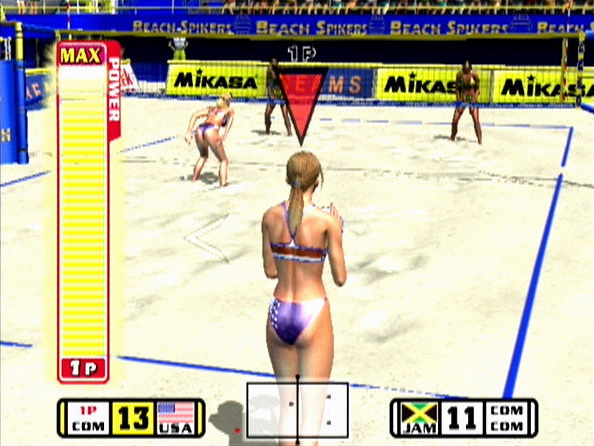
Why do I keep saying “pre-seventh gen gaming”? For several reasons, really. Firstly, because seventh-gen games — Wii, Xbox 360 and PlayStation 3 games, to be specific — are still readily available, and are still at that point where they’re “old” (i.e. affordable) rather than “retro” (i.e. ludicrously expensive) for the most part. You can easily pick up a Wii, Xbox 360 and/or a PlayStation 3 for very little money these days — in fact, you can probably nab all three for less than the price of a PlayStation 5 — and games are, for the most part, extremely cheap.
On top of that, the hardware plays nice with modern high-definition televisions (with the possible exception of the Wii, though there are affordable and simple solutions available to deal with that issue , with the easiest being “buy a Wii U instead”) and, for the most part, you’re getting the complete, authentic experience of enjoying these games on original hardware. Because there’s still a definite appeal to that.
Beyond the availability issue, though, there’s also a marked difference between games that came out on Xbox 360 and PlayStation 3 in particular, and pre-seventh gen gaming. That difference can mostly be summed up in a single word: “online”.
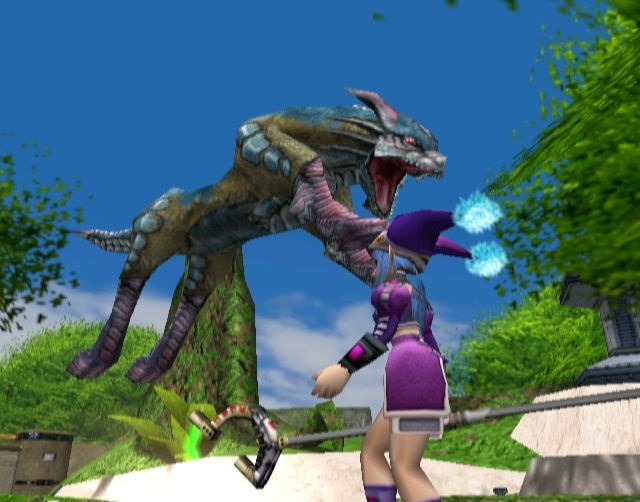
Now, there were online experiences available for earlier generations of hardware — the Sega Dreamcast, original Microsoft Xbox, Nintendo Gamecube and Sony PlayStation 2 all dabbled with it to varying degrees — but they weren’t the norm. If you wanted to play a game online, you had to make a specific effort to seek out an online game, boot it up and play it. And in order to find opponents, it was a case of either relying on early forms of matchmaking systems — which Halo 2 on original Xbox played a significant role in defining — or making arrangements with friends to all be online in game X at hour Y on day Z.
This might all sound massively inconvenient to modern players, and it sort of was. But it was also very, very nice. You know why? Because it meant that if you wanted to sit down and just play something, you could, without interruptions — either from your game system, or from external distractions. Smartphones didn’t become a thing until a couple of years into the seventh generation of gaming, so although many of us had mobile phones by our sides, they were used for little more than calling or texting at the time. And thus at their time of original release, pre-seventh gen gaming experiences were made to be enjoyed and focused on.
I don’t remember any of my friends talking about playing a game while listening to a podcast or watching a movie at the same time prior to the seventh generation. I don’t remember finding it difficult to concentrate on a game because I had my phone next to me. And I definitely don’t remember getting “party invites” to talk to people while I was trying to focus on accomplishing a difficult task in a game.
I do, however, remember being immersed in pre-seventh generation gaming for hours at a time, and that was simply because the games themselves provided compelling experiences — not because they were providing incentives for me to remain engaged like experience points, in-game currency, achievements or other rewards.
The experience of enjoying the game — and of discovering more of it — was reward in and of itself. And sure, unlockable characters, tracks, levels, items and whatever were all a thing — but they felt like they’d been integrated into the game rather than designed as part of either a “retention” or “monetisation” strategy.
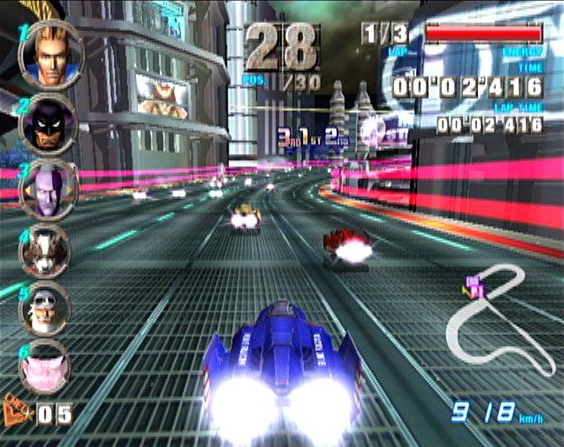
I sat down and played F-Zero GX — a Gamecube game I was lucky enough to score a very reasonably priced physical copy of a couple of years back — for a couple of hours earlier today, and I was really struck by this. F-Zero GX has a lot of ways to play and plenty of things to do in it, but at no point does it feel like a grind to get through it so you can get a Platinum trophy, boast about it on social media, level up for some reason, or simply be competitive online.
It’s a game that’s perfectly happy to just exist as its own self-contained experience; it makes no unreasonable demands on your time and doesn’t expect to be the only game you play for months of your life. You can pick it up, immediately understand it and play it — and while mastery takes time and practice, that immediacy is striking.
It’s not a game where if you set it aside for six months you’ll never be able to get into it again because it’s changed so much or because the “community” has developed in such a way; it just is. And I like that a lot. And I don’t feel we see that nearly enough today.
There are plenty of pre-seventh gen gaming experiences that do make significant demands of your time, of course — most notably in the RPG sector — but even there, the complete lack of any sort of online presence while you’re playing means that there’s no pressure on you to race through as quickly as possible.
No obligation to seek out an achievement just so you can post it on Twitter; and the lack of a dedicated screenshot button on your controller means that you won’t be tempted to post screengrabs of every single line of dialogue on your social media just in case anyone was in doubt about what you’d been playing for the last week.
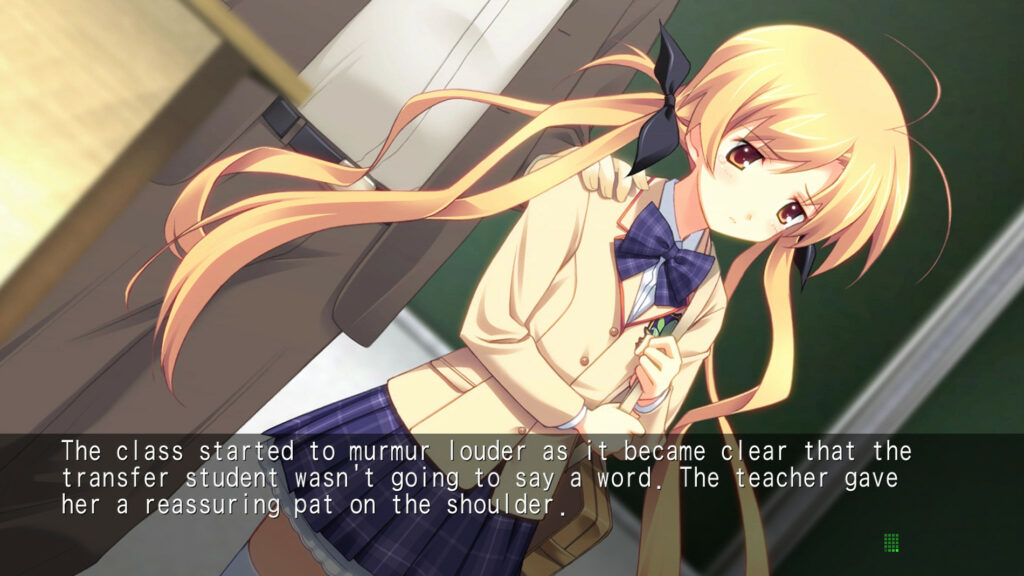
That last point really kind of fucks me off a bit, because a lot of today’s visual novel fans are particularly prone to it. On the one hand, I’m glad people are enjoying the visual novels they’re reading and want to share their enthusiasm with the world — but on the other, when someone’s Twitter feed consists almost entirely of screenshots from a visual novel I haven’t played yet, often spoiling significant plot points in the process, I get a bit annoyed, and I wish that person would just sit down, shut up and enjoy the game in peace.
This isn’t to say that there are no “game first” experiences available today — there absolutely are, particularly in the indie space. But even then, there are all sorts of elements that I find pulling me out of the ability to just enjoy the game.
The knowledge that a game has a “roadmap” of updates ahead of it and, despite supposedly having reached its “full release” after a period of early access, it actually isn’t finished. The fact that these games are played on platforms with social and achievement features that encourage online bragging. An exhortation on the game’s title screen to join the developer’s Discord. No. Go away. Shut up. I just want to play your sodding game.
As I gladly admit above, I say all this on the understanding that I’m a 41 year old man who is almost certainly out of touch with today’s online culture. But I know very well from talking to others online that I’m not the only person who feels this way.
I’m not the only person who doesn’t want to open up a new game and see yet another Battle Pass; I’m not the only person who doesn’t want to create yet another new account just to play a single-player game; I’m not the only person who complains about never having any free time to play the games they want to play, but who also spends a lot of the free time they do have feeling anxious about all manner of things rather than actually enjoying things.
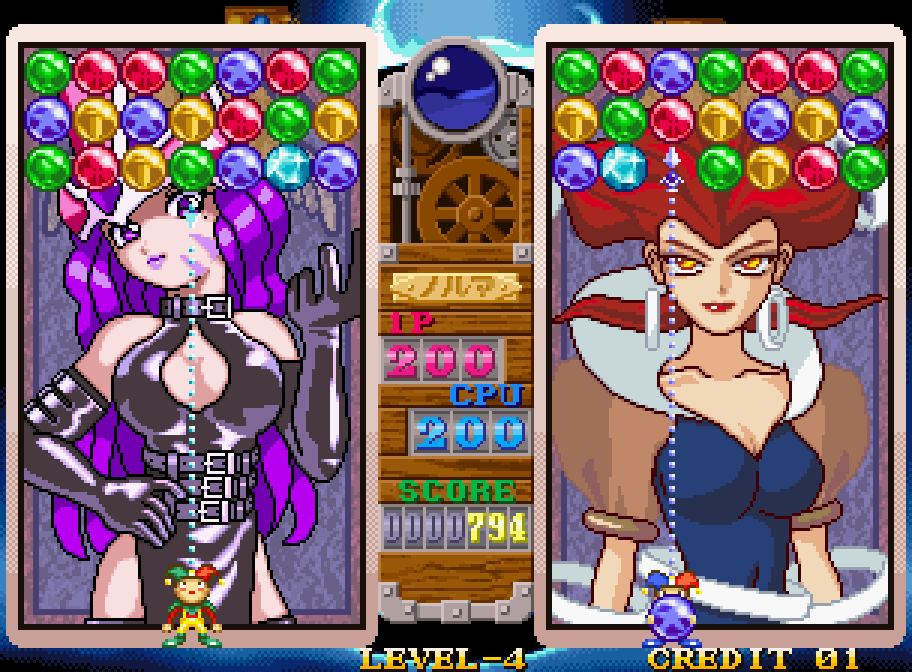
It’s great that there are experiences out there that cater to the perpetually connected generation, and which provide them a satisfying experience for what they want from gaming. But for me — and, I suspect, many others like me — it feels like the optimal experiences for what we want can be found in pre-seventh gen gaming. Offline, solitary, self-contained, finite. Sounds like bliss to me.
And while I still find great joy in a lot of today’s new releases, as time goes on it feels increasingly like I’ll be spending more and more time in that pre-seventh gen gaming sweet spot. Because “today’s” gaming is never, ever going to look like that ever again.
Join The Discussion
Rice Digital Discord
Rice Digital Twitter
Rice Digital Facebook
Or write us a letter for the Rice Digital Friday Letters Page by clicking here!
Disclosure: Some links in this article may be affiliate links, which means we may earn a small commission if you make a purchase after clicking on them. This is at no additional cost to you and helps support Rice Digital!
- Letter from the Editor: passing the torch - June 30, 2023
- Super Woden GP 2 is looking promising - June 30, 2023
- Inti Creates is making a 32 bit-style Love Live action platformer - June 26, 2023




